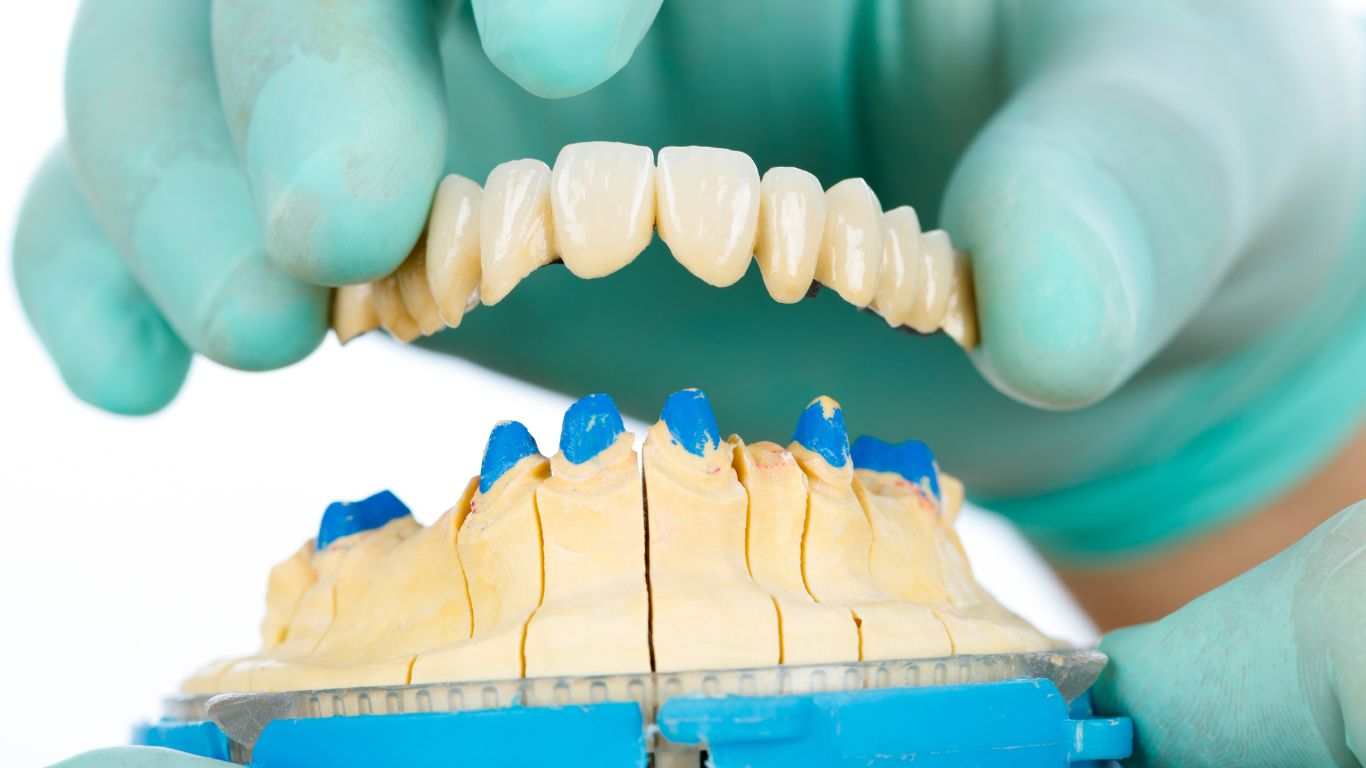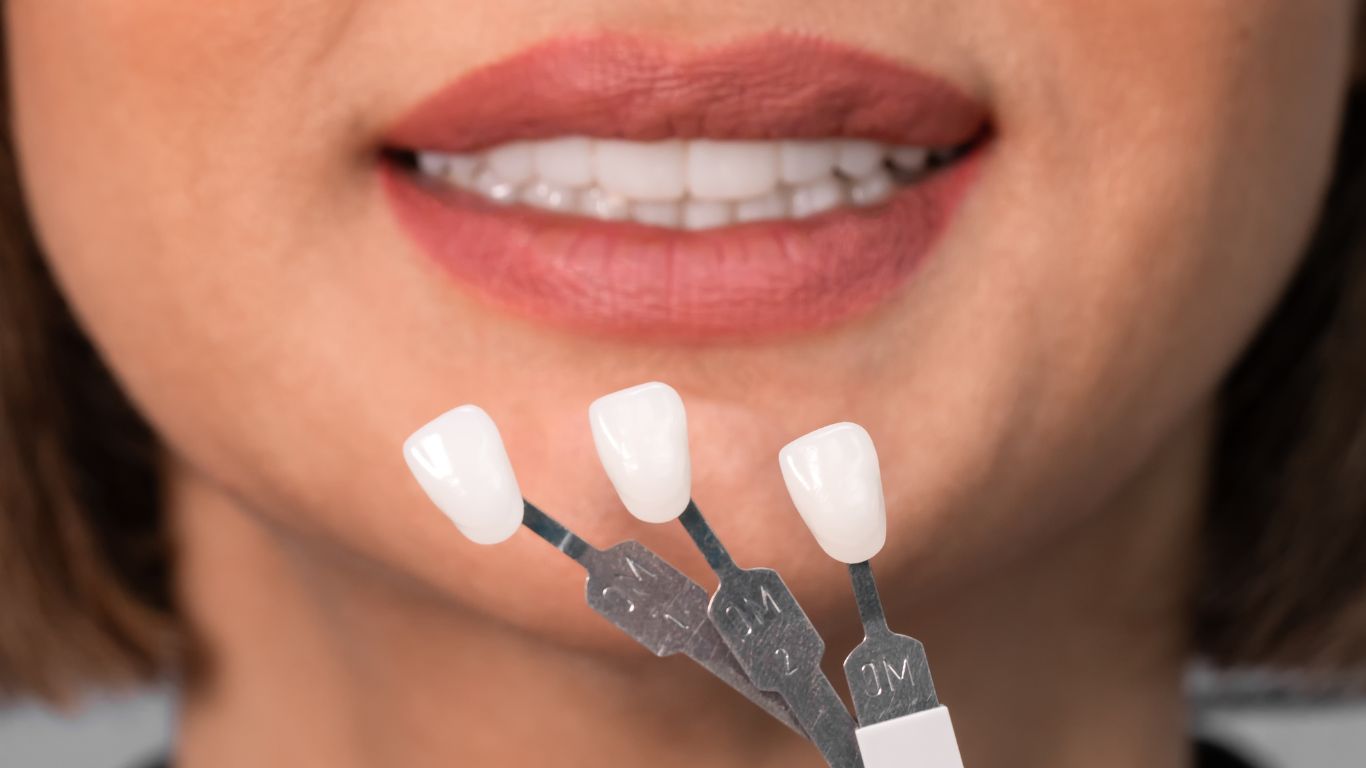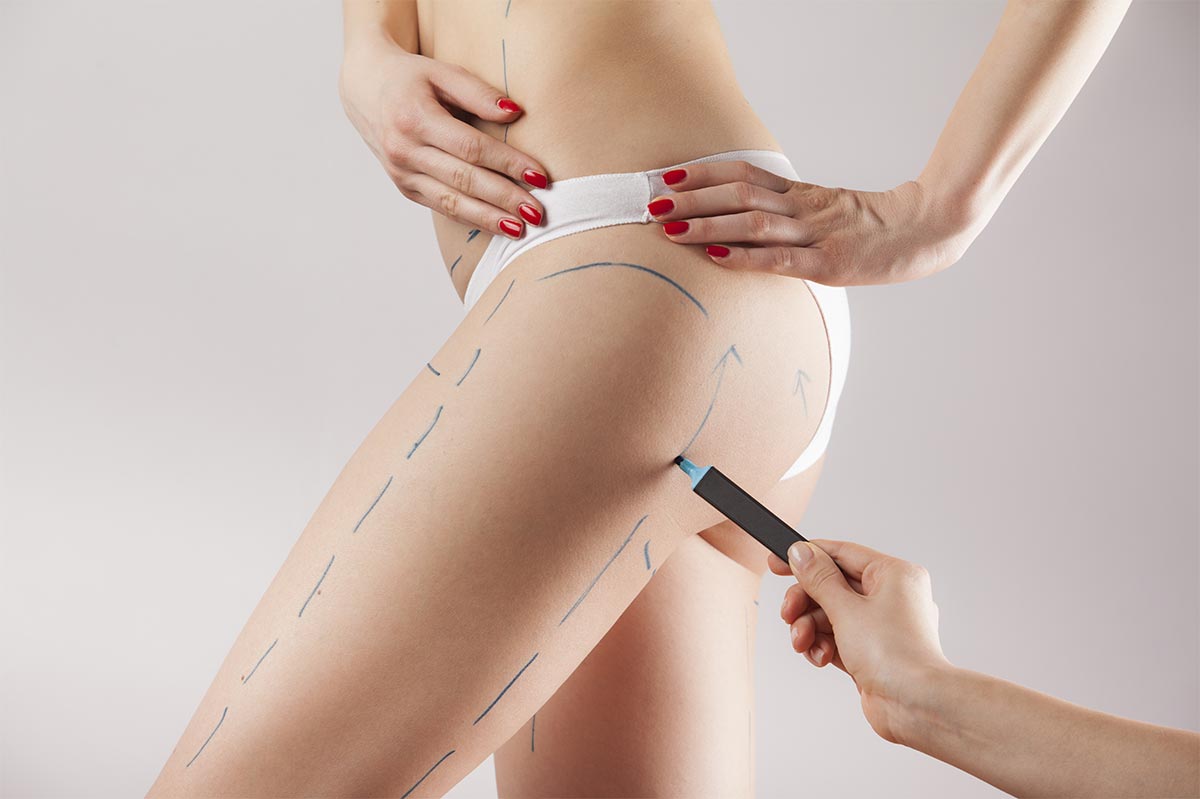In the quest for a complete and confident smile, dental bridges have emerged as a highly effective solution for replacing missing teeth. As part of the rapidly expanding field of dental tourism, Turkey has gained attention for offering high-quality dental services at significantly lower costs compared to many Western countries. This article aims to provide an insightful overview of dental bridge options in Turkey, including the types available, the materials used, and a detailed cost analysis. Whether you're considering a dental bridge for functional reasons or aesthetic improvement, understanding the options and benefits available in Turkey is the first step towards making an informed decision.
What is a Dental Bridge?
A dental bridge is a specially designed prosthetic device that serves as a robust solution for replacing one or more missing teeth. It effectively bridges the gap where teeth are absent, playing a pivotal role in restoring the full functionality and appearance of your smile.
Comprising false teeth, known as pontics, and supported by crowns attached to the adjacent teeth (abutments), a dental bridge is fixed in place, offering a stable and permanent solution. This type of dental prosthetic is critical not only for filling the empty spaces left by missing teeth but also for preventing the adjacent teeth from shifting. Such movements can lead to various dental issues, including bite problems and jaw pain, highlighting the functional importance of dental bridges.
Dental bridges bring back the essential functions of natural teeth, allowing for normal chewing and speaking. This restoration is particularly important as missing teeth can significantly impede these basic functions.
Beyond functionality, dental bridges play a significant role in aesthetic enhancement. By restoring a complete smile, they contribute to improved self-confidence and facial aesthetics, making them a popular choice for cosmetic dentistry.
The health benefits extend further, as bridges help maintain proper oral hygiene. They prevent the buildup of food particles in the gap, which can lead to gum disease or tooth decay in neighboring teeth.
Additionally, dental bridges support jawbone preservation by preventing the bone deterioration that typically occurs with tooth loss. With appropriate care and maintenance, dental bridges are a long-lasting solution, underscoring their value as both a functional and aesthetic dental treatment.
Types of Dental Bridges
Dental bridges come in various types, each designed to cater to specific dental needs and conditions. Understanding these different types is crucial for determining the most suitable option for individual cases.
Traditional Bridges:
Traditional bridges are the most common type. They consist of one or more false teeth (pontics) held in place by dental crowns that are cemented onto the adjacent teeth. Ideal for patients who have natural teeth on both sides of the gap left by the missing tooth or teeth. They require strong, healthy teeth for support.
Cantilever Bridges:
Similar to traditional bridges, the pontic in a cantilever bridge is supported by a crown on only one side, rather than on both sides. Used when there are adjacent teeth on only one side of the missing tooth or teeth. They are not typically recommended for the back of the mouth where they can put too much force on other teeth and damage them.
Maryland Bridges:
Also known as a resin-bonded bridge, Maryland bridges employ a metal or porcelain framework that is bonded onto the backs of two adjacent teeth. Ideal for replacing a front tooth or where the adjacent teeth are healthy and do not have large fillings. The procedure for Maryland bridges is less invasive since it doesn’t require filing down the adjacent teeth.
Implant-Supported Bridges:
Implant-supported bridges are anchored by dental implants rather than crowns or frameworks. Typically, one implant is surgically placed for every missing tooth, and these implants hold the bridge in position. Suitable for those with multiple missing teeth. They provide a more stable and durable solution and are beneficial for maintaining jawbone integrity.
Material Used in Dental Bridges
Dental bridges are crafted from a variety of materials, each selected for its unique properties and suitability for different dental needs.
Porcelain and ceramics are highly favored for their ability to mimic the natural look of teeth. These materials are especially adept at matching the color and translucency of adjacent teeth, making them a popular choice for their aesthetic appeal. However, despite their visual advantages, porcelain and ceramics can be less durable under high pressure, potentially leading to chipping or cracking, particularly in areas of the mouth subjected to heavy biting forces.
Metal alloys, comprising materials like gold, nickel, or chromium, present a more robust alternative. Known for their remarkable strength and longevity, metal alloys are ideal for bridges that require enduring resilience, especially in the back of the mouth where they are less visible. The drawback, however, lies in their metallic appearance, which can be more noticeable and less aesthetically pleasing than porcelain or ceramic options.
A compromise between these two materials is found in porcelain fused to metal bridges. These combine the strength of metal with the aesthetic benefits of porcelain, offering a durable bridge that still maintains a natural appearance. While this option provides a balance of strength and aesthetics, there is a possibility of the porcelain wearing down over time, potentially exposing the underlying metal, which might be visible when smiling or talking.
Ultimately, the choice of material for a dental bridge is influenced by a combination of factors, including the bridge's location in the mouth, the patient's bite dynamics, aesthetic preferences, and budget considerations.
Cost Analysis of Dental Bridges in Turkey
In Turkey, the cost of dental bridges varies depending on the type of bridge and the materials used. The affordability of dental care in Turkey has made it an attractive destination for many seeking dental treatments, including bridges. For a detailed understanding, let's look at the cost associated with different types of dental bridges in Turkey and how they compare to prices in the USA and Western Europe.
In Turkey, a traditional porcelain or ceramic bridge can range significantly in price depending on the number of teeth being replaced and the complexity of the procedure. On average, prices might start from a lower range, making it a cost-effective option. Metal bridges or porcelain fused to metal, known for their durability, also present an affordable choice, though they might be slightly higher in price due to the materials' sturdiness.
Comparatively, the cost of dental bridges in the USA and Western Europe is typically higher. For instance, the same porcelain bridge that costs an affordable amount in Turkey could be priced substantially higher in these regions. This notable price difference can be attributed to various factors, including higher operational and labor costs in Western countries.
The lower cost in Turkey does not compromise the quality of care. Turkish dental clinics are known for their advanced technology, skilled professionals, and high-quality materials, matching the standards found in more expensive Western clinics. This makes Turkey not only a more affordable option but also a reliable one for quality dental care.
Advantages of Choosing Turkey for Dental Bridges
Turkey has become a preferred destination for dental bridges, offering a unique combination of cost-effectiveness, high standards of dental care, and additional benefits that enhance the overall treatment experience.
One of the primary reasons patients choose Turkey for dental bridges is its cost-effectiveness. The cost of dental procedures in Turkey is significantly lower than in many Western countries, but this affordability does not come at the expense of quality.
Turkish dental clinics are equipped with modern technology and staffed by experienced professionals. Many Turkish dentists have trained internationally, ensuring that the standard of care provided is on par with global best practices. This commitment to quality at more affordable prices makes Turkey an attractive option for those seeking dental treatments.
Apart from the financial aspect, Turkey offers comprehensive care packages that often include not just dental procedures but also accommodations and transportation. These packages are tailored to international patients, making the entire process convenient and stress-free. Additionally, the opportunity to combine dental treatment with tourism is a significant draw. Turkey is known for its rich cultural heritage, stunning landscapes, and vibrant cities. Patients can enjoy a holiday, explore historical sites, indulge in local cuisine, and experience the unique Turkish culture, all while receiving top-notch dental care.
In Conclusion
As we conclude our exploration of dental bridge options in Turkey, the key points stand out distinctly: Turkey offers an excellent combination of affordability and high-quality dental care, positioning it as an ideal destination for those seeking dental bridge treatments. The cost-effectiveness of dental procedures in Turkey is striking, particularly when compared with the prices in Western Europe and the USA. This affordability, however, does not translate to a compromise in quality. Turkish dental clinics boast advanced technology, skilled dental professionals, and a wide range of treatment options, ensuring that patients receive care that aligns with international standards.
Moreover, the allure of Turkey extends beyond its dental clinics. The country's comprehensive care packages, which often include accommodation and transport, provide a seamless experience for international patients. This, coupled with the opportunity to explore Turkey's rich cultural and historical heritage, makes the journey for dental care both practical and enjoyable. Turkey's unique blend of quality, affordability, and tourism appeal has rightly earned it a reputation as a favorable destination for dental treatments.
For those considering dental bridges or other dental procedures, Turkey presents a compelling option. We encourage you to explore the possibilities that Turkish dental care offers. For more information or to schedule a consultation, please feel free to reach out. Our team is ready to assist you in your journey towards a healthier smile, combining top-tier dental care with an unforgettable travel experience.






